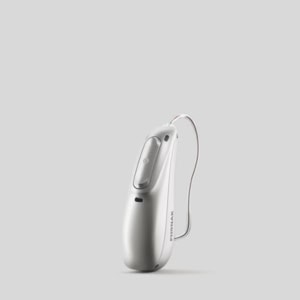Hearing Loss in Senior Citizens is a common issue that can significantly impact their quality of life. Hearing Aids is the perfect solution for adults to deal with this particular issue.
In this blog, we’re first going to address hearing loss problems in adults and then suggest the Top 5 Hearing Aids for Senior Citizen in India.
Understanding Adult Hearing Loss
Age-related hearing loss, also known as presbycusis is a gradual, progressive condition that affects the ability to hear high-frequency sounds and understand speech clearly.
Various factors contribute to age-related hearing loss, including changes in the inner ear structures, blood supply reduction to the ear, and increasing exposure to high-frequency sounds over a lifetime. Additionally, medical conditions such as diabetes, high blood pressure, and certain medications can also lead to hearing loss in the elderly.
Untreated hearing loss in seniors can have serious consequences. Gradually communication difficulties arise, making it challenging for elders to participate in conversations, understand others, and express themselves effectively.
As a result, senior citizens may become socially isolated, leading to feelings of loneliness, depression, and anxiety. Hearing loss can also impact cognitive function, as the brain has to work harder to process sounds, leading to increased cognitive load and potentially cognitive decline.
Recognizing Symptoms of Hearing Loss in Adults
The Symptoms of Hearing Loss in Adults can vary depending on the degree and underlying cause of the condition. Some common symptoms include:
Difficulty understanding speech: One of the most noticeable signs of hearing loss in adults is struggling to understand speech, especially in crowded places or when numerous people are speaking at once. This can result in misunderstanding conversations.
Trouble hearing high-pitched sounds: In many cases, hearing loss first affects the ability to hear high-frequency sounds. This can make it difficult to hear certain consonants, such as “s,” “f,” or “th,” which can result in unclear or muffled speech.
Requiring a loudness boost: Seniors dealing with hearing loss may find themselves consistently turning up the volume on the television, radio, or phone to make up for their reduced hearing.
Ignoring social interactions: Struggling to follow conversations and feeling isolated due to hearing difficulties can lead to social withdrawal. People with hearing loss may avoid social gatherings, meetings, or conversations on the phone, as they find them exhausting or frustrating.
Tinnitus: Many senior citizens with hearing loss also experience tinnitus- a ringing, buzzing, or hissing sound in the ears. Tinnitus can be constant or occasional and may worsen in quiet environments.
Fatigue and stress: Straining to hear and understand sounds throughout the day can be physically and mentally exhausting for seniors. Adults with hearing loss may experience increased fatigue and stress as a result. Ignoring social interactions: Struggling to follow conversations and feeling isolated due to hearing difficulties can lead to social withdrawal. People with hearing loss may avoid social gatherings, meetings, or conversations on the phone, as they find them exhausting or frustrating.
Tinnitus: Many senior citizens with hearing loss also experience tinnitus- a ringing, buzzing, or hissing sound in the ears. Tinnitus can be constant or occasional and may worsen in quiet environments.
Fatigue and stress: Straining to hear and understand sounds throughout the day can be physically and mentally exhausting for seniors. Adults with hearing loss may experience increased fatigue and stress as a result.
Exploring Causes of Hearing Loss in the Elderly
Hearing loss in senior citizens can be attributed to several causes, including:
Age-related changes: Age-related changes occur gradually over time due to the natural aging process, affecting the ability to hear high-frequency sounds and understand speech clearly.
Noise exposure: Prolonged exposure to loud noises over a lifetime can contribute to hearing loss. Seniors who have worked in occupations with high noise levels, such as construction, factories, or the music industry, have high chances of hearing loss.
Medical conditions: Certain medical conditions and chronic illnesses commonly experienced by seniors can result in hearing loss. These include diabetes, high blood pressure, cardiovascular diseases, and ototoxic medications. Additionally, certain infections, such as otitis media (middle ear infection) or otosclerosis (abnormal bone growth in the middle ear), can cause hearing loss.
Earwax accumulation: Excessive earwax buildup can lead to temporary hearing loss, especially if it blocks the ear canal. This can occur more frequently in older adults due to impaired natural earwax removal mechanisms.
Trauma or injury: Head injuries, exposure to sudden loud noises, or accidents can damage the structures of the ear and lead to hearing loss.
Effective Treatments for Hearing Loss
Some of the common treatment options for hearing loss:
Hearing aids: Hearing aids are the most common and effective treatment for hearing loss. They enhance sound and improve the ability to hear and understand speech. Modern hearing aids come in various styles and technologies to suit different types and degrees of hearing loss.
Cochlear implants: Cochlear implants are recommended for individuals with severe to profound hearing loss who do not get benefit from hearing aids. They consist of an external device worn behind the ear and an internal component surgically implanted in the inner ear.
Assistive listening devices: These devices help individuals with hearing loss communicate in specific situations. Examples include amplified telephones, TV listening systems, and FM systems. Assistive listening devices work alongside or in conjunction with hearing aids to improve communication in challenging listening environments.
Communication strategies and therapy: Speech and language therapy can help individuals with hearing loss develop better communication skills, including lip-reading, auditory training, and learning to use visual cues and body language effectively.
Sound Solutions for Aging Ears: Top 5 Hearing Aids for Senior Citizens in India
The most frequent worry when selecting hearing aids for senior adults is whether or not I’m buying the best hearing aid.
Your worry is now over because we’re going to recommend the top 5 hearing aids for senior citizens in India that are often recommended by hearing care professionals:
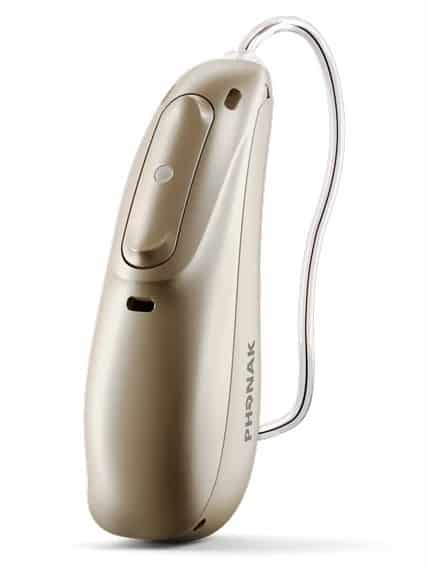
Phonak Audeo Lumity: Phonak Audeo Lumity is a popular choice for its advanced features, including excellent sound quality, Bluetooth connectivity, rechargeability, and compatibility with various accessories. It offers a range of models to suit different degrees of hearing loss.
Signia Pure Charge&Go AX: Signia Pure Charge&Go AX is known for its innovative technology and convenient rechargeability feature. It provides excellent sound clarity, speech understanding, and connectivity options. The sleek design and comfortable fit make it suitable for seniors.
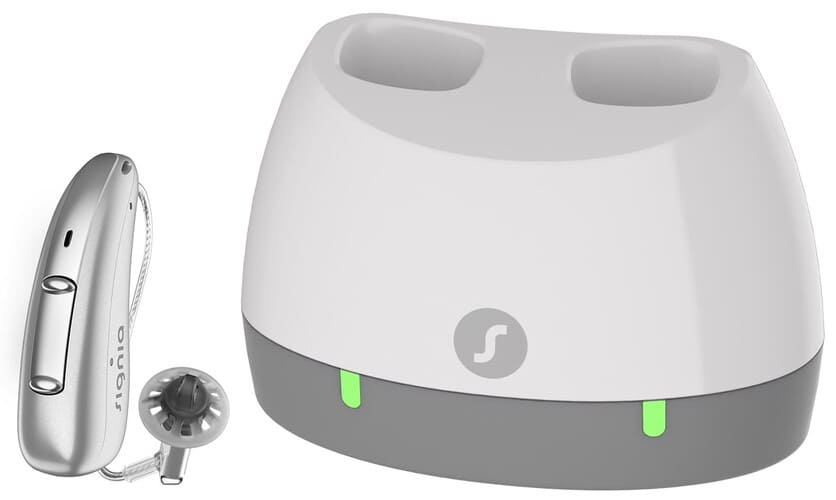
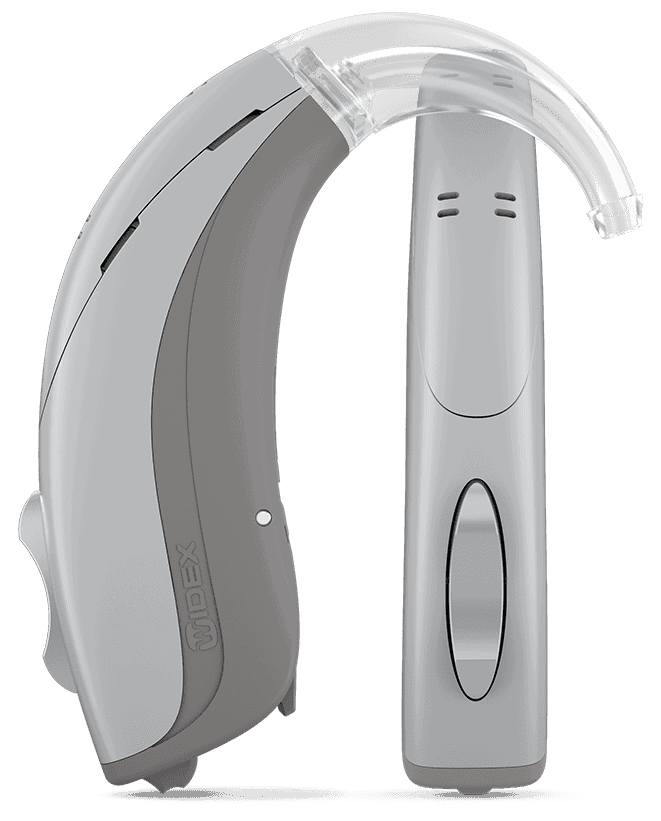
Widex Evoke: Widex Evoke is renowned for its natural sound reproduction and personalized listening experience. It adapts to different listening environments, ensuring optimal hearing in various situations. It also offers wireless connectivity and a user-friendly app for control and customization.
Starkey Livio Edge AI: Starkey Livio Edge AI is a cutting-edge hearing aid that combines advanced technology with artificial intelligence features. It offers exceptional sound quality, speech enhancement, noise reduction, and personalized sound adjustments. It also includes additional health monitoring and fall detection capabilities.
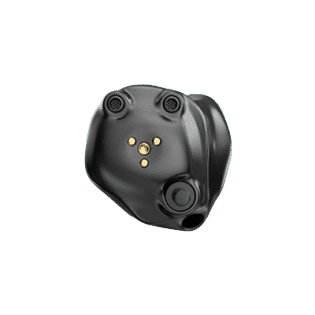
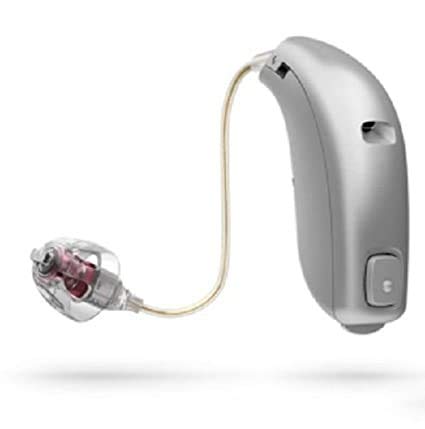
Oticon Opn S: Oticon Opn S is known for its open sound experience, providing a clear and natural perception of sounds in the environment. It offers excellent speech understanding, advanced noise reduction, and connectivity options. The rechargeable option and user-friendly app add to its appeal.
It’s important to keep in mind that the best hearing machines for senior citizens would depend on their specific hearing needs, lifestyle, and budget.
It’s recommended to consult with a hearing healthcare professional or audiologist at Ear Solutions who can assess the individual’s hearing and provide personalized recommendations based on their requirements.






